Over the past decade, seafood supply chains around the world have made tremendous strides toward adopting practices that address the environmental impacts of seafood production. While we celebrate the progress being made toward improving environmental sustainability in seafood production, a great deal of work remains to ensure that the people working to bring seafood to market are treated fairly and have their rights protected.
In the Alliance’s 2020-2024 strategy, the Alliance has placed an equal emphasis on the need to design interventions that target both environmental sustainability and what we call social responsibility. The Monterey Framework for Social Responsibility, a collectively agreed-upon definition of socially responsible seafood, has three components: 1) protecting human rights, dignity, and access to resources, 2) ensuring equality and equitable opportunity to benefit, and 3) improving food, nutrition, and livelihood security.
Many businesses that buy, sell, produce, and harvest seafood are increasingly aware of social responsibility issues and are seeking advice and support. Most begin by investigating and addressing core human rights and labor violations. Over time, businesses can go further by ensuring their sourcing has a net positive impact on the social, economic, and cultural dimensions of fisheries and communities.
Several Alliance Global Hub organizations are releasing new tools to help seafood businesses address human rights in their supply chains.
These resources are aligned with international norms and standards, including: ILO Core Conventions, ILO Work in Fishing Convention (C188), and UN Guiding Principles on Business and Human Rights. Read on to learn more about how each tool is designed to support supply chains throughout the journey toward more responsible seafood production and see a chart the groups have created to show how the tools compare here.
To Build a Social Responsibility Program:
The Roadmap for Improving Seafood Ethics (RISE), a project of FishWise, helps companies to navigate human and labor rights challenges and create the conditions for decent work across seafood supply chains. RISE is built specifically for the seafood industry and addresses this industry’s unique challenges and opportunities. The free online platform features an eight step Roadmap with tailored guidance for Retailers / Brands, Suppliers, Processors, and Producers to develop or accelerate a social responsibility program. RISE also provides detailed guidance to build a strong foundation for socially responsible seafood, through investments in Responsible Recruitment, Worker Engagement, and Decent Work at Sea. RISE organizes a broad selection of tools and resources tailored for the industry by seafood, human rights, and labor experts, including the new tools listed below.
To Assess Risk:
The Social Responsibility Assessment (SRA), a project co-led by Conservation International together with many different organizations inside and outside the Alliance, and now supported by ELEVATE, is a diagnostic tool for conducting Human Rights Due Diligence at the harvesting and processing levels of seafood supply chains. The SRA addresses the suite of civil, political, economic, social, and cultural rights covered by the Monterey Framework for Social Responsibility – a shared definition of social responsibility inclusive of: 1) protecting human rights, dignity, and access to resources, 2) ensuring equality and equitable opportunity to benefit, and 3) improving food, nutrition, and livelihood security. The results inform a tailored improvement plan, which will be linked to the RISE roadmap and its recommendations. FisheryProgress uses the SRA as the framework for fishery improvement projects (FIPs) to report on their social performance.
The Seafood Slavery Risk Tool (SSRT), a project of Monterey Bay Aquarium Seafood Watch and Sustainable Fisheries Partnership, consolidates both evidence and risk analysis of forced labor, human trafficking, and hazardous child labor into publicly available, seafood product risk profiles covering fisheries, aquaculture, and seafood processing. The Seafood Slavery Risk Tool aims help to bring about positive social changes for the workforce employed in global seafood production by encouraging more data collection and transparency about labor in the seafood industry, targeted and better due diligence by seafood buyers and financiers, and a stronger call for accountability from industry by governments, non-governmental organizations, and the wider public.
To Communicate & Build Capacity:
FisheryProgress, operated by FishChoice, recently launched its FisheryProgress Human Rights and Social Responsibility Policy, which outlines tiered requirements for FIPs reporting on the site. The policy draws on the FIP model of improvement over time by requiring FIPs to commit to improve and report on their social responsibility. FisheryProgress is also developing training and additional resources to support FIPs on social responsibility, in collaboration with RISE. Just as the Marine Stewardship Council Fisheries Standard is used as the framework for FIPs to report on environmental performance, the SRA (outlined above) is used as the framework for FIPs to report on social performance.
The Sourcing Transparency Platform (STP), an initiative of the International Pole and Line Foundation (IPNLF), is designed to educate consumers and industry on the social and environmental sourcing credentials of one-by-one tuna fisheries. Companies can upload sourcing information directly onto the STP, publicly disclosing important information regarding their fish sourcing activities, social responsibility policies and due diligence actions. The STP also strives to help identify and frame the areas where IPNLF can offer assistance to companies through the Fisheries Improvement Toolbox (FIT).
When it comes to socially responsible seafood, there is no one-size-fits-all solution. The seafood industry needs a variety of tools and resources tailored to specific contexts. Human rights and labor organizations around the world promote and protect human rights within industrial sectors, and many offer effective tools to drive improvements in seafood. The novel resources featured here offer additional options for a multi-pronged approach and a broad spectrum of entry points for companies to improve their social responsibility programs for seafood.
We know that we cannot achieve our desired sustainability outcomes without meaningful efforts to ensure that companies take responsibility for workers in their supply chains and that these workers are fairly compensated and have meaningful and empowered seats at the table. The Alliance is proud to be working collaboratively with the Alliance Global Hub community toward solutions.
